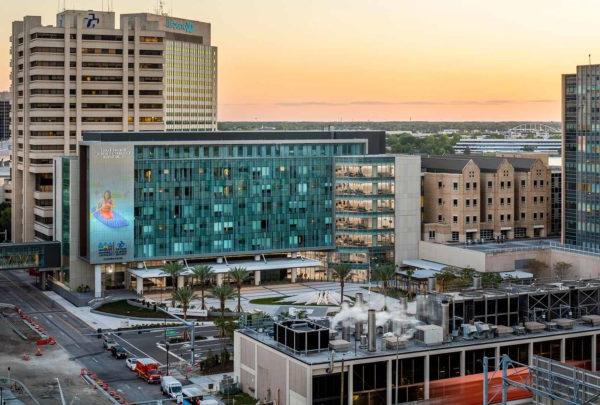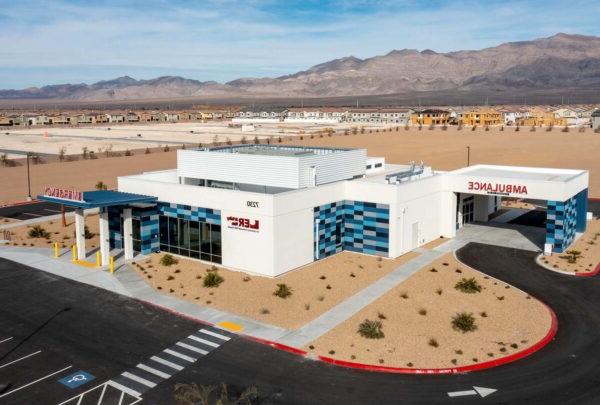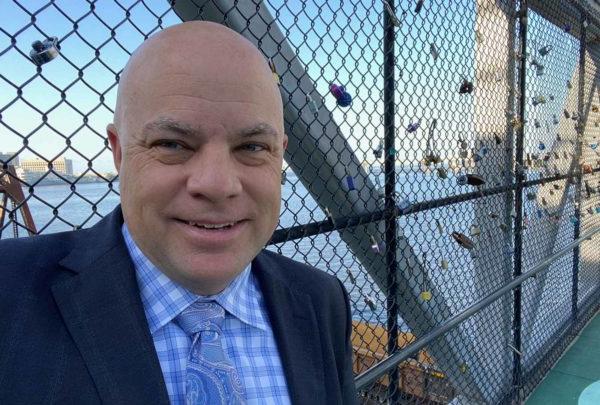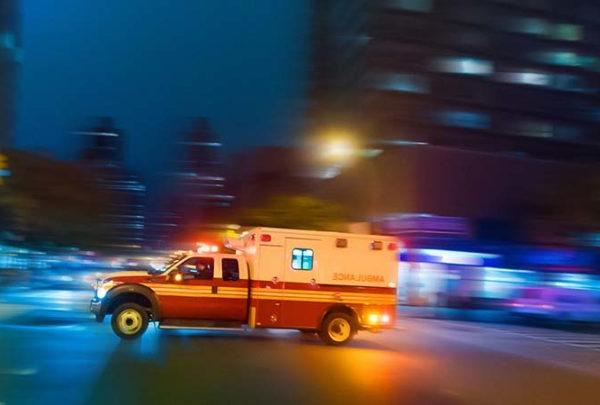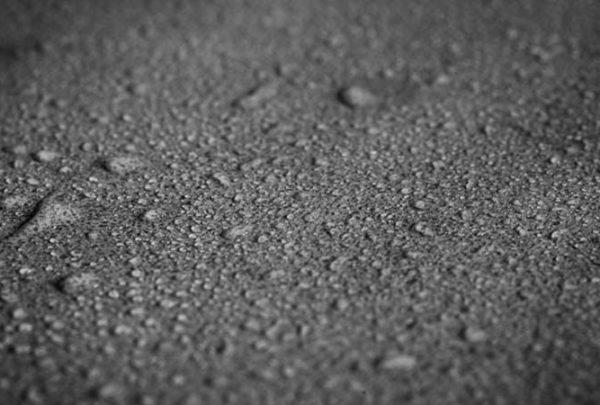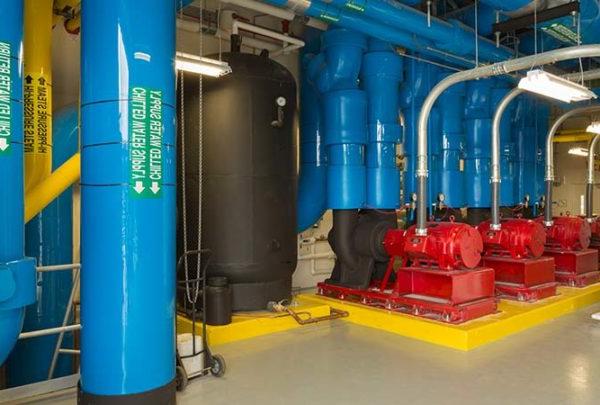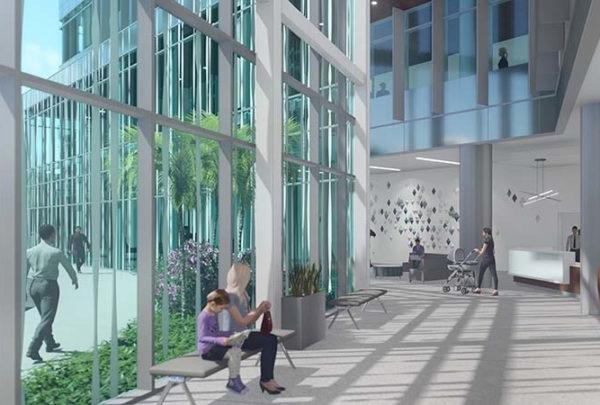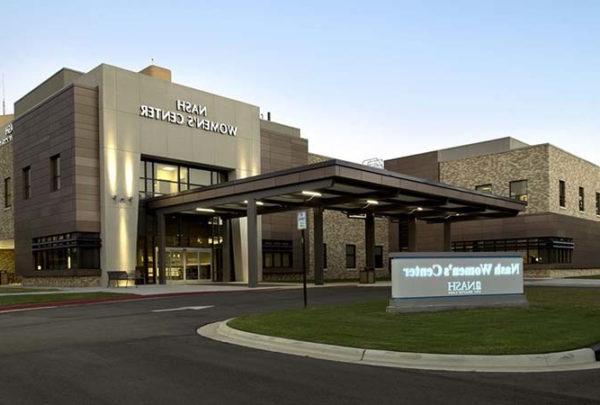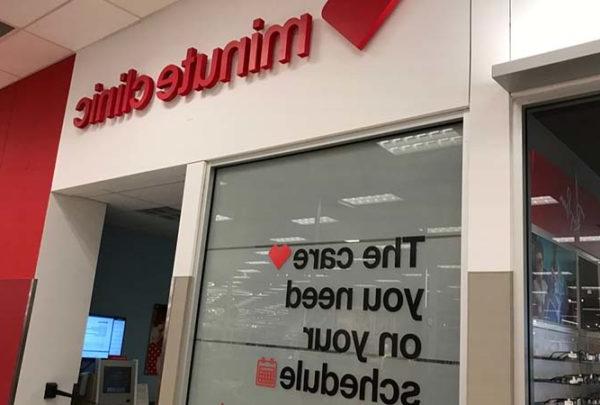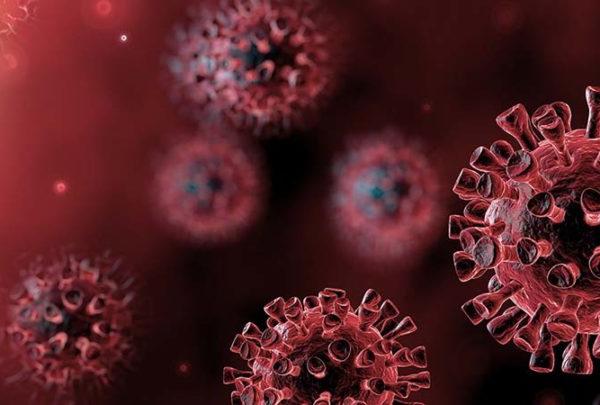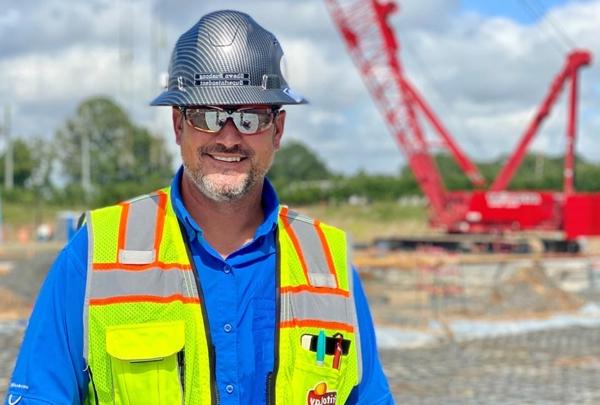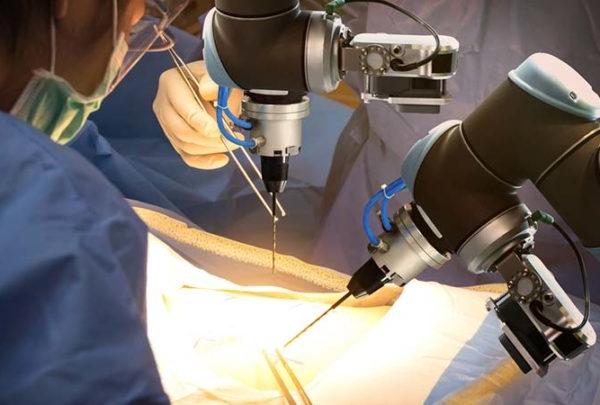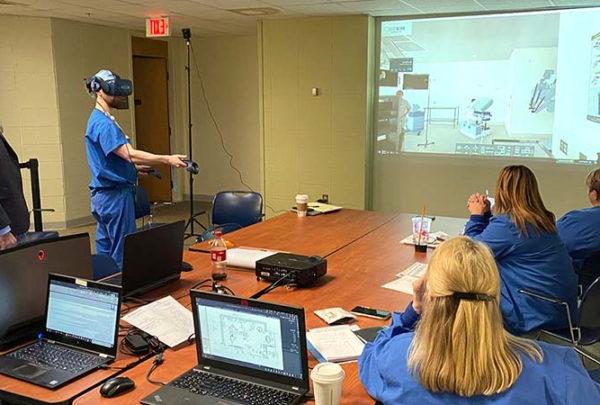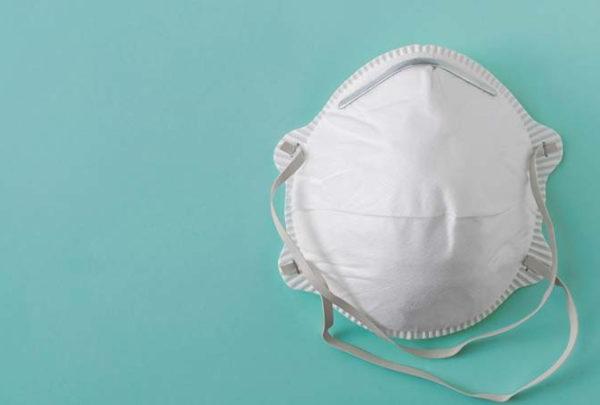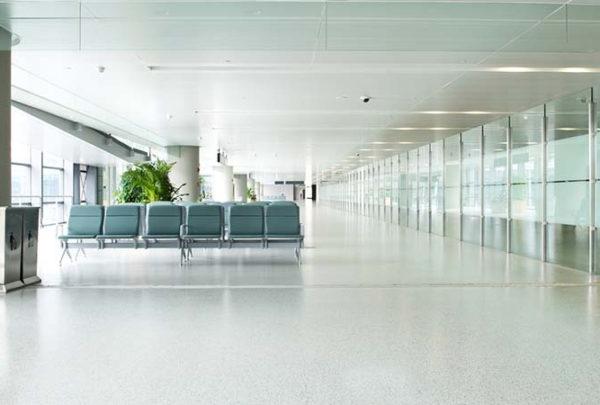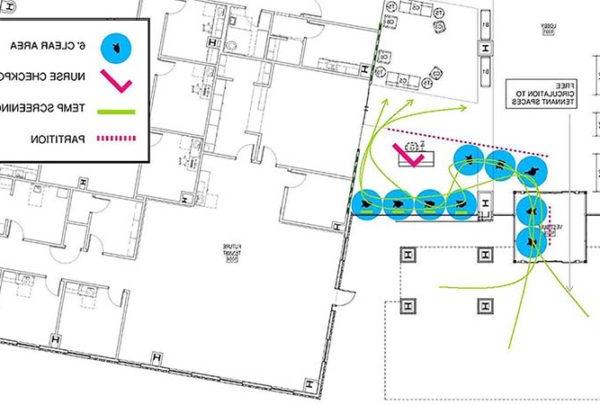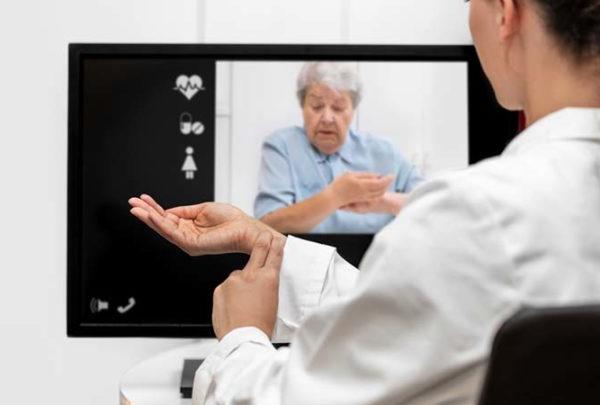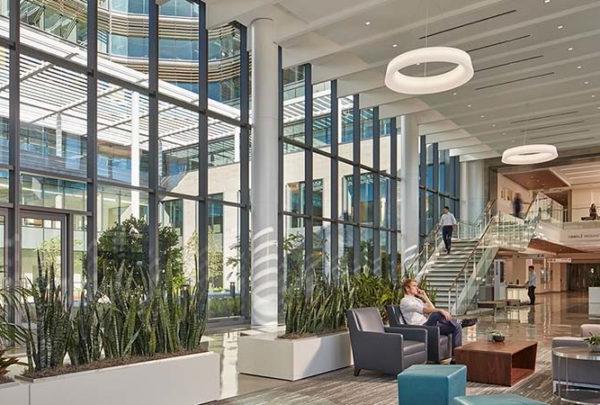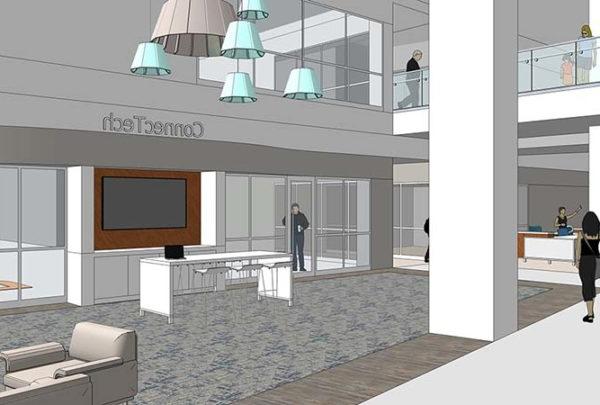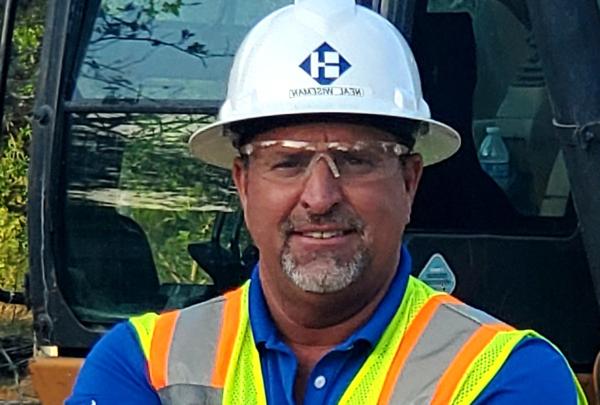Since the release of our first report on upgrading to meet USP 797 and USP 800 requirements, we have received so many requests from healthcare organizations for informed consultation that we collaborated with members of 澳门足彩app’s Affiliate Advisor Program and industry partners to take a deeper dive into the topic.
In response to the New England Compounding Center tragedy in 2012 that killed more than 100 patients and sickened approximately 800 as a result of unsafe sterile compounding practices, reckless conduct and sheer negligence, the United States Pharmacopeial Convention (USP) revised the USP <797>, Pharmacy Compounding and Sterile Preparations with additional compounding criteria and restrictions. Furthermore, USP also published a new chapter, USP <800> Hazardous Drugs Handling in Healthcare Settings, outlining the emphasis on requirements for facility and engineering controls for hazardous medications preparation, proper procedures for deactivating, decontaminating, cleaning and documenting hazardous medication spillage.
From a broad perspective, the primary objective of USP<800> is to provide healthcare personnel and patients in various healthcare settings with detailed standards and guidelines on proper procedures for handling hazardous medications, which are defined by the National Institute for Occupational Safety and Health (NIOSH) as chemical substances that “exhibits one or more of the following characteristics in humans or animals: carcinogenicity, teratogenicity or developmental toxicity, reproductive toxicity, organ toxicity at low doses, genotoxicity, or structure and toxicity profiles of new drugs that mimic existing hazardous drugs.”
“It is imperative for healthcare personnel to realize that USP <800> is a set of standards that applies to all types of pharmacy operations, not just IV or compounding pharmacies,” said 澳门足彩app Pharmacy Affiliate Advisor Kevin Dang, PharmD.
Currently, USP<800> remains informational in most states and will not become compendial applicable in healthcare settings until the revisions to Chapters 795 and 797 are finalized and enforced by regulatory boards across the U.S. Given the fact that USP<800> is not a rule, but rather a set of best practice guidelines on the handling of hazardous medications, the enforcement of the USP<800> standards by State Boards of Pharmacy across the U.S. vary from state to state.
Modular cleanrooms and wall panel systems are effective concepts for meeting the USP<800> guidelines. Wall panel systems are designed for the most stringent medical research and aseptic process applications and utilize a uPVC panel surface that has excellent antimicrobial properties against gram-negative and gram-positive bacteria. Tightly abutting uPVC panel joints are chemically cold-welded to create a contiguous uPVC finish on all ceiling and wall surfaces. Coved uPVC corners eliminate entrapment and are more effective in wash down, sanitation and fumigation. a contiguous uPVC finish on all ceiling and wall surfaces. Coved uPVC corners eliminate entrapment and are more effective in wash down, sanitation and fumigation.
Options for a wall-liner panel can be installed along existing walls to give the same finish and create a seamless space even when the layout requires accommodating existing wall locations.
“Wall system installation is an extremely tight installation with almost no leakage, which benefits the environmental control of the space,” Mollie Cardwell of Modular Pharmacy Solutions (MPS) said.
Pharmacy requirements are evolving, and space requirements have tightened and become more specific, resulting in HVAC challenges. In response, further advancements in the HVAC components of cleanrooms and anterooms utilize European low-wall air returns integrated within the wall systems. This prevents the use of grilles installed vertically on the wall, which collect dust and particles, while maintaining a sweeping, air-wash cleaning effect in the space.
One of a wall system’s unique features is that the floor track width facilitates a floor cove installation that is flush with the wall panel with either vinyl or troweled floors. This eliminates the flooring cove cap that can result from the flooring coving up a flat wall. This lip can be a ledge that collects dust and cause issues with air quality.
Utilizing a suspended ceiling system, the panels can hold a wide variety of mechanical systems, accommodating lighting, sprinklers, HEPA filters and utilities. Openings for equipment, LED lights and HEPA filters can be located anywhere in the ceiling layout. The ceilings are fully walkable, allowing easy access to overhead equipment without disrupting the clean environment. Like the wall panel system, the ceiling panels consist of uPVC panel surfaces with chemically welded seams for a cleanable, flush installation.
Painted Sheetrock has a short life expectancy in a compliant space. It can shed dust when a cart or equipment penetrates the paint surface allowing sheetrock dust into the clean space. USP 797 and USP 800 are minimum standards, and the solutions vary for each facility. The environment itself is as critical in maintaining a compliant space as the environmental controls being brought into the space.
“Our responsibility in this industry is to install environments that can be easily maintained in an aseptic state with ease of cleanability and seamless surfaces,” Cardwell said.
Due to the complexity and comprehensiveness of USP<800>, not all standards included in the chapter are applicable or enforceable to the same extent in various healthcare settings across the U.S. Administrative staff at individual healthcare facilities are encouraged to evaluate the risk of exposure to hazardous medication activities and determine the magnitude of hazardous medication handling undertaken to assess its applicability.
Upon completion of hazardous medication risk assessment, administrative staff is also encouraged to assess the facility’s existing engineering controls for compounding activities and containment methods for admixtures to determine if additional policies, procedures, training protocols or safety measures are justifiable to prevent the exposure of staff or patients to hazardous medications.
Planning and executing pharmacy upgrade projects with all affected parties will provide the best solution in the short and long term.
澳门足彩app’s Healthcare Consulting Division stands apart by combining extensive industry experience and a team of designers and engineers from across the disciplines in a collaborative and holistic process. Contact our team to discuss your facility needs.
About the Author: Kevin Meek, RN-BSN, BA, MHI, EDAC, FACHE is a 澳门足彩app Vice President and Division Leader of the Design and Consulting Services Group. Kevin received his Master of Healthcare Innovation from Arizona State University, a Bachelor of Nursing from Western Governors University and a Bachelor of Arts in Organizational Leadership from Chapman University. He is a Fellow of the American College of Healthcare Executives, a member of the American Organization for Nursing Leadership and serves on the Board of the Nursing Institute for Healthcare Design.
Contributing Advisor: Kevin K. Dang, PharmD, MBA, is a member of 澳门足彩app’s Affiliate Advisor program specializing in regulatory licensing, operations, and performance improvement efforts. He is a licensed Pharmacist in several states and serves on the State Board of Pharmacy for Arizona. He has led several key initiatives on both the state and national levels, and he remains a faculty advisor for several pharmacy school programs.
About Modular Pharmacy Solutions: Modular Pharmacy Solutions (MSP is a national firm based in Memphis, Tennessee, that has designed pharmacies for more than 40 years and manufacturing casework for more than 90 years. MSP develops plans, products and furnishings that comply with the latest regulations, USP <797> & <800> cleanrooms among them.

















